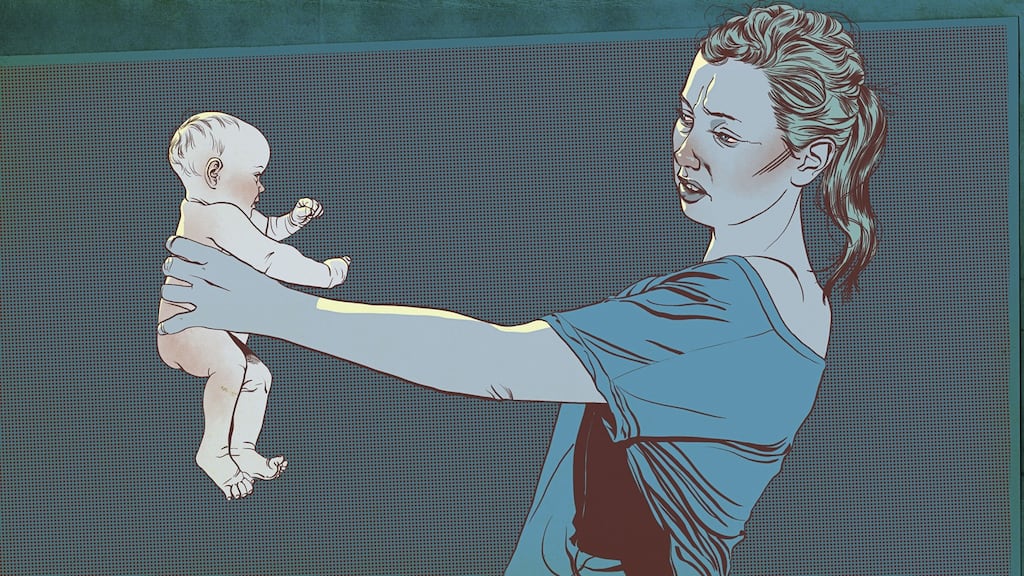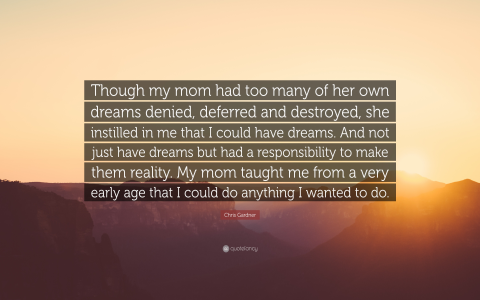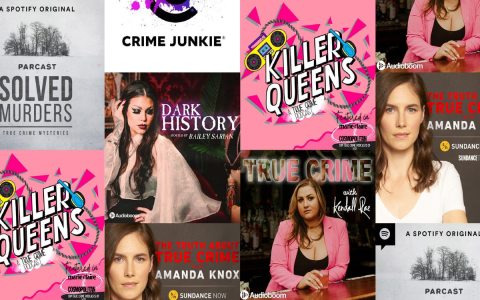Mother Ruined My Life
At various points in our lives, we encounter individuals who shape our paths, often in ways we least expect. In my case, that individual was my mother. The phrase "mother ruined my life" might sound dramatic, but it encapsulates the complex and tumultuous relationship I had with her, which significantly impacted my personal development and choices. This journey through anguish, realization, and ultimately, healing, serves as a poignant reflection on how familial relationships can influence one’s identity.
Growing up, it was difficult to pinpoint exactly when my mother’s actions began to erode my sense of self. She was a woman of towering expectations. Everything I did seemed to fall short of her standards, from my academic performance to my choice of friends. Her voice echoed through my mind, amplifying my insecurities. Every report card brought a new episode of disappointment; every minor setback turned into a monumental crisis. The pressure she placed on me felt like a weight too heavy to bear, leading to a profound sense of inadequacy, which I carried through my adolescence.

The emotional maze was further complicated by her controlling nature. She meticulously crafted a life for me, dictating my schedule and imposing her will on my pursuits. Extracurricular activities that I had no genuine interest in became mandatory. Consequently, my personal interests were suppressed, leading to an identity crisis I would struggle with for years. I found myself caught in a tug-of-war, torn between her desires and my own, unable to voice my opinions or desires for fear of disappointing her further.
In high school, the cracks in our relationship began to surface. I longed for autonomy, yet every rebellion was met with hostility. One particularly painful instance stands out: I opted to pursue drama instead of the sciences—a choice that sent her into a rage. To her, the arts were frivolous, a distraction from what she deemed "real" success. Her anger shattered my confidence, setting off a spiral of self-doubt that clouded my choices for years to come. I became an expert at masquerading my desires, often conforming to her dreams instead of cultivating my own.
After I graduated, the emotional turmoil reached its zenith. College life offered my first taste of independence, but it was overshadowed by my mother’s relentless calls and texts. She monitored my every move, and the guilt of living a life she hadn’t approved of constantly gnawed at me. Despite the distance, her influence loomed large; I often felt like a child not yet released from her grip. The joyous moments of newfound freedom were tainted with anxiety, as I struggled to establish a life that felt authentically mine.
It was only through therapy that I began to understand the depths of the damage inflicted by this relationship. Therapeutic sessions brought about awareness, allowing me to differentiate between my voice and hers. With each session, I slowly started reconstructing my identity. I was no longer just "the daughter" but a multi-faceted individual with dreams, goals, and imperfections. Reclaiming that identity was not an easy feat; it required confronting painful memories and the fear of her reactions.
As I ventured deeper into self-discovery, I began to recognize the roots of my mother’s behavior. Raised in a strict environment herself, she carried forward her own fears and insecurities into our relationship. Understanding this narrative did not absolve her actions, but it provided context. It illuminated the cyclical nature of emotional trauma—how one generation’s struggles often bleed into the next.
Breaking free from her influence was liberating, yet daunting. It required setting boundaries, an action I feared might devastate our relationship. To my surprise, my mother’s reaction was not as extreme as I had anticipated. While she did not immediately grasp the necessity of my boundaries, over time, she began to respect them. Our relationship transformed from one of control and resentment into a cautious space of dialogue.
The journey to reclaim my life from her shadow has been fraught with challenges and revelations. While I still grapple with the remnants of her control, there is a new sense of freedom in living authentically. I now pursue my passions, celebrate my victories, and, perhaps most importantly, allow myself the grace to embrace imperfections. The phrase "mother ruined my life" resonates differently now; it is not a sentence of defeat but a springboard for growth and resilience.
By confronting the past, I have carved out a path that feels genuine, forging a unique identity in a world that once felt dictated by another’s vision.




